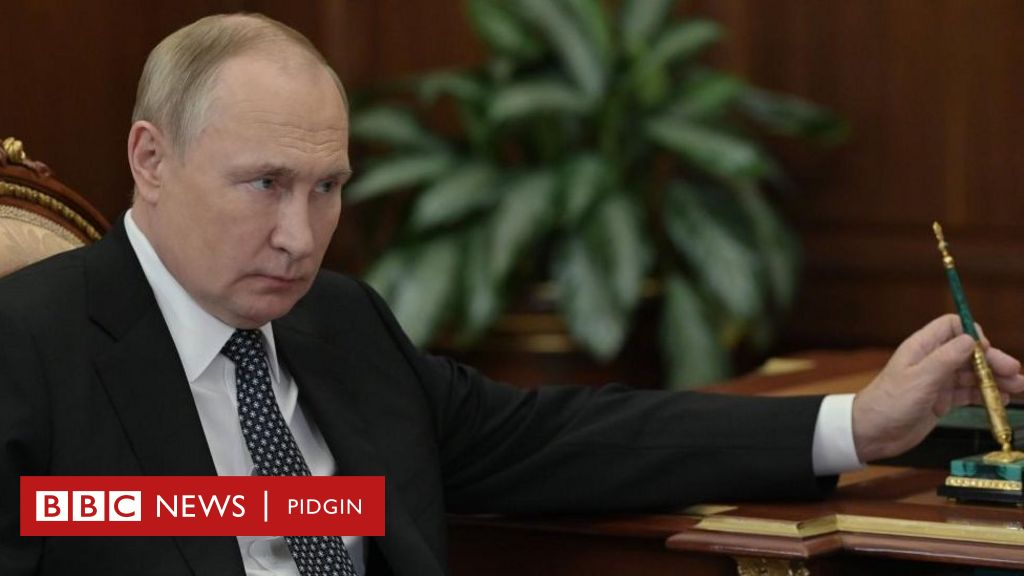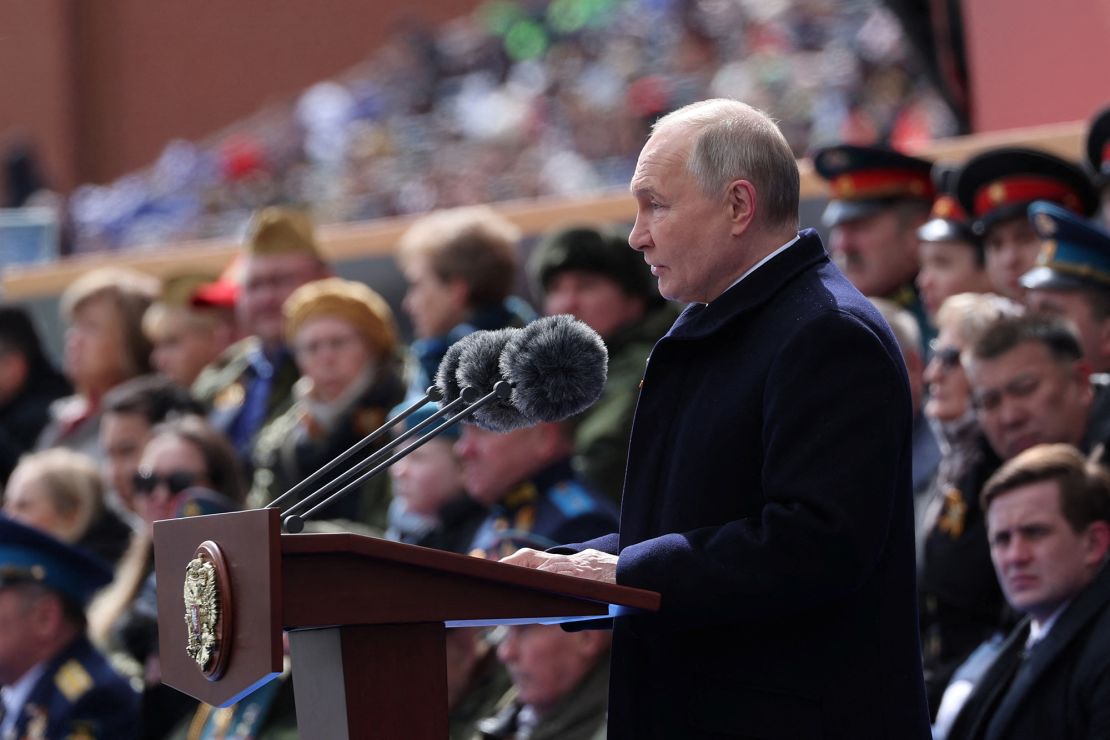The Great Decoupling: Rethinking Globalization And Geopolitics

Table of Contents
The Great Decoupling refers to the increasing separation of economies and geopolitical alliances, driven by a confluence of factors including rising trade protectionism, technological rivalry, and geopolitical tensions. Globalization, historically defined by the increasing integration of economies and societies through trade, investment, and information flows, is now facing significant headwinds. Geopolitical risks, encompassing everything from international conflicts to shifting power dynamics, are significantly amplifying these challenges, creating a volatile and uncertain global environment. This article argues that the Great Decoupling necessitates a complete reassessment of traditional globalization strategies and the adoption of new, adaptable approaches.
Economic Fragmentation and the Rise of Regionalism
The decline of globally integrated supply chains is a hallmark of the Great Decoupling. Businesses are increasingly prioritizing regionalization, driven by concerns over geopolitical instability, supply chain resilience, and the desire to reduce reliance on distant partners. This trend manifests in the rise of regional trade blocs and a shift towards "nearshoring" and "friend-shoring"—relocating production closer to home or to trusted allies.
- Examples of Regional Trade Agreements: The Regional Comprehensive Economic Partnership (RCEP), the largest free trade agreement in the world, and the United States-Mexico-Canada Agreement (USMCA) are prime examples of this trend, showcasing a preference for regional economic cooperation.
- Impact on Specific Industries: Industries heavily reliant on global supply chains, such as electronics manufacturing and automotive production, are experiencing significant disruptions and increased costs due to this fragmentation.
- Nearshoring and Friend-shoring: Companies are actively seeking to diversify their supply chains, reducing dependence on single countries or regions, prioritizing proximity and geopolitical stability. This leads to increased investment in domestic production or in countries with close political and economic ties.
- Implications for International Trade and Investment: The fragmentation of global supply chains results in increased transaction costs, potential for supply disruptions, and reduced efficiency in international trade and investment flows.
Geopolitical Tensions and the Reshaping of Alliances
Geopolitical rivalry, particularly between the US and China, and the ongoing conflict in Ukraine, are accelerating the Great Decoupling. These tensions are reshaping global alliances and leading to increased economic and political fragmentation.
- Shifting Alliances and Partnerships: Countries are reassessing their alliances and partnerships based on geopolitical considerations, leading to the formation of new blocs and the weakening of existing ones.
- Sanctions and Trade Wars: The use of sanctions and trade wars as geopolitical tools is further exacerbating economic fragmentation and disrupting global trade flows.
- Competing Geopolitical Narratives: The rise of competing geopolitical narratives and ideologies is adding to the complexity of the international landscape, making cooperation increasingly difficult.
- Implications for International Security and Stability: The increased geopolitical competition and fragmentation raise the risk of conflict and instability, undermining international security cooperation.
The Impact on Developing Countries
The Great Decoupling disproportionately impacts developing economies. Their reliance on specific trade partners and supply chains makes them particularly vulnerable to disruptions caused by geopolitical tensions and economic fragmentation.
- Challenges for Developing Nations: Developing countries often face difficulties in navigating the fragmented global landscape, lacking the resources and capabilities to diversify their economies and trade partners.
- Reliance on Specific Trade Partners: Many developing economies are heavily dependent on exports to a small number of countries, leaving them highly exposed to shocks in those markets.
- Potential for Increased Poverty and Inequality: The Great Decoupling risks exacerbating poverty and inequality in developing countries, undermining their efforts towards economic growth and development.
- Need for International Cooperation: International cooperation is crucial to support developing nations in adapting to the changing global order and mitigating the negative impacts of the Great Decoupling.
Technological Competition and the "Digital Iron Curtain"
Technological rivalry, particularly in areas such as semiconductors and artificial intelligence, is a key driver of the Great Decoupling. Concerns over data security and technological dominance are leading to increased restrictions on technology transfers and the emergence of a "digital iron curtain."
- Technological Decoupling: Examples include restrictions on semiconductor exports, data localization policies, and the development of alternative technological ecosystems.
- Impact on Technological Innovation and Development: The fragmentation of technological development could stifle innovation and lead to a less efficient allocation of resources.
- Implications for Cybersecurity: The rise of competing technological ecosystems increases cybersecurity risks and makes international cooperation on cybersecurity challenges more difficult.
- A Fractured Digital World: The Great Decoupling risks creating a fractured digital world, with different regions developing separate technological standards and ecosystems.
Conclusion: Navigating the Great Decoupling
The Great Decoupling represents a fundamental shift in the global landscape, with profound implications for economies and geopolitics. Economic fragmentation, geopolitical tensions, and technological competition are reshaping the global order, demanding a complete rethinking of traditional strategies. Businesses and governments must adapt to this new reality, developing new strategies for navigating a more fragmented and uncertain world. Understanding the complexities of the Great Decoupling is crucial for fostering resilience and ensuring a more equitable and stable global future. We encourage further research into the impact of the Great Decoupling on globalization and geopolitics and proactive strategies for businesses and governments to navigate this evolving landscape. Engage in discussions, learn more about the Great Decoupling's effects, and contribute to developing solutions that mitigate its negative impacts.

Featured Posts
-
 Indias First Astronaut Rakesh Sharmas Life After Space
May 09, 2025
Indias First Astronaut Rakesh Sharmas Life After Space
May 09, 2025 -
 Oilers Star Leon Draisaitl Lower Body Injury And Potential Playoff Return
May 09, 2025
Oilers Star Leon Draisaitl Lower Body Injury And Potential Playoff Return
May 09, 2025 -
 Jeanine Pirro A Closer Look At Her Legal Career And Public Profile
May 09, 2025
Jeanine Pirro A Closer Look At Her Legal Career And Public Profile
May 09, 2025 -
 Young Thug Addresses Infidelity In Leaked Song Snippet
May 09, 2025
Young Thug Addresses Infidelity In Leaked Song Snippet
May 09, 2025 -
 Snegopad V Permi Aeroport Vremenno Priostanovil Rabotu
May 09, 2025
Snegopad V Permi Aeroport Vremenno Priostanovil Rabotu
May 09, 2025
Latest Posts
-
 Putins Limited Ceasefire Analyzing The Victory Day Announcement
May 10, 2025
Putins Limited Ceasefire Analyzing The Victory Day Announcement
May 10, 2025 -
 The Putin Victory Day Ceasefire A Closer Look
May 10, 2025
The Putin Victory Day Ceasefire A Closer Look
May 10, 2025 -
 Is Putins Victory Day Ceasefire Genuine An Assessment
May 10, 2025
Is Putins Victory Day Ceasefire Genuine An Assessment
May 10, 2025 -
 The Impact Of Figmas Ai On Adobe Word Press And Canva
May 10, 2025
The Impact Of Figmas Ai On Adobe Word Press And Canva
May 10, 2025 -
 Apple At A Crossroads The Challenge Of Ai Leadership
May 10, 2025
Apple At A Crossroads The Challenge Of Ai Leadership
May 10, 2025
